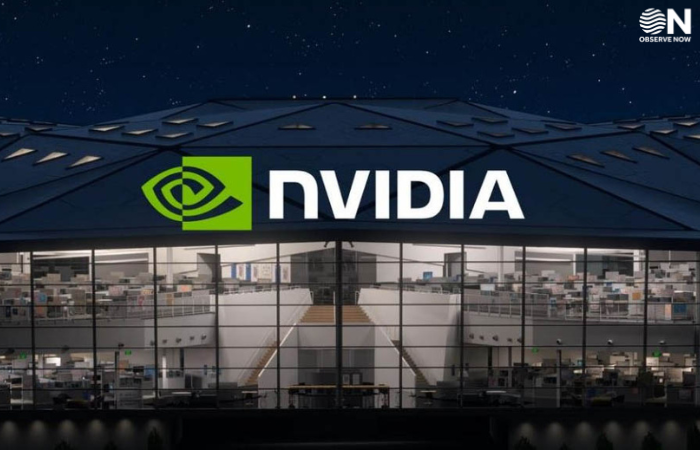Global Tech Giants Race to Challenge Nvidia’s Grip on AI Chips

As artificial intelligence drives global innovation, the dominance of Nvidia in the AI chip market is increasingly under pressure. Tech leaders such as Google and Amazon, along with Chinese firms like Huawei, Baidu, and Alibaba, are ramping up their investments in homegrown chip development to reduce dependence on Nvidia’s powerful GPUs. While Nvidia currently holds an estimated 80% share of the AI chip market, competitors are intensifying efforts to close the gap.
Google and Amazon have already rolled out their own processors—TPU and Trainium respectively—which now rival Nvidia in several performance metrics. Amazon’s chips are used internally, while Google has begun offering its TPU chips to external customers. These moves signal a shift toward ecosystem independence and long-term cost control in data center operations. In China, firms are working around export restrictions by developing domestically fabricated chips, although they still trail behind in manufacturing precision and software compatibility.
Despite this growing competition, experts argue that Nvidia’s unique advantage lies in its integrated approach. Unlike rivals that focus solely on chip design, Nvidia delivers a full-stack ecosystem including networking and software, especially its CUDA platform, which remains the industry standard for AI development. This end-to-end control allows Nvidia to rapidly launch next-gen products like its upcoming Rubin architecture, set to outperform its current Blackwell line by over seven times in AI-specific tasks.
Analysts believe Nvidia’s consistent product innovation and deep entrenchment in AI workflows make it difficult to dislodge in the short term. However, with global tech powerhouses accelerating chip innovation, the battle for AI hardware supremacy is just getting started—and it’s one that could reshape the future of computing.















